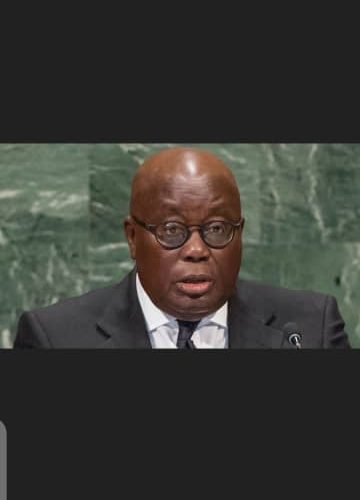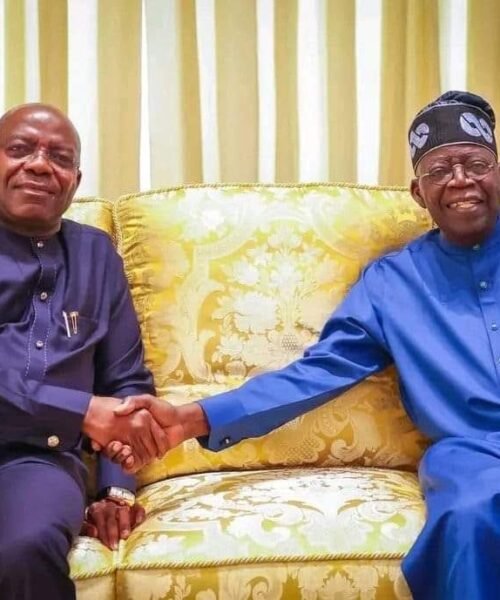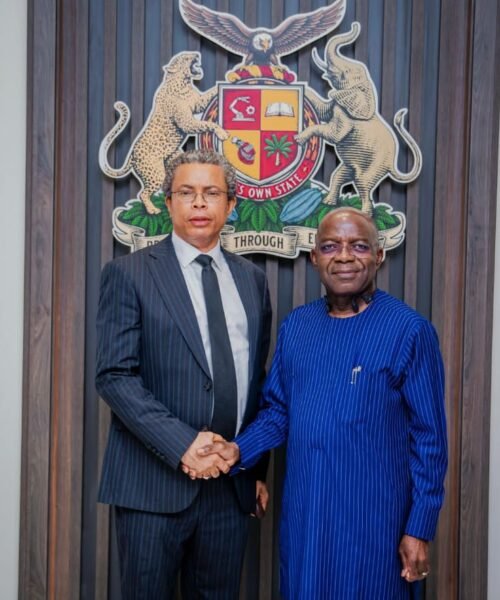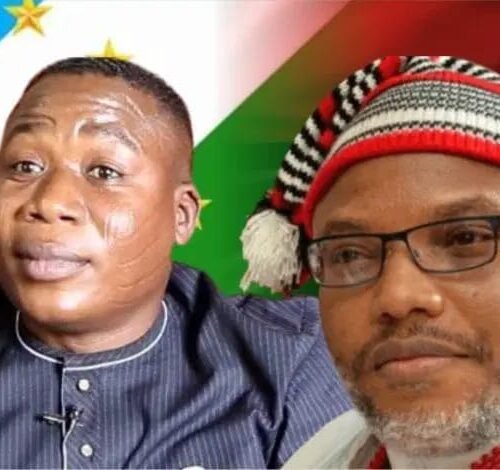Trouble for Ghanaian traders, economy, as govt suspends foreign debt repayment
Foreign creditors who bought into Ghana’s eurobonds, commercial terms and other investment securities will not be collecting their money back anytime soon, and Ghanaian traders, as well as the country’s economy will be at the receiving end.
The Ghanaian government suspended repayments of debt service under “certain categories of its external debt” to preserve the country’s depleting international reserves.
Ghana’s economy has been under pressure this year, with the country’s currency, Cedi, recording the worst performing among globally recognised currency according to reports in October, after losing 45.1 per cent of its value to the world’s currency benchmark, United States’ dollar, this year.
Updating its external creditors through a statement issued by the country’s ministry of finance on Monday, the Ghanaian government said both external and domestic debts – which are around GH450 billion in 2022, from GH120 billion in 2017 – are unsustainable.
As a result, Ghana’s President, Nana Akufo-Addo, has approved suspension of repayments on eurobonds, commercial term loans and most of the nation’s bilateral debt until it restructures its debt payment.
“As it stands, our financial resources, including the Bank of Ghana’s international reserves, are limited and need to be preserved at this critical juncture.
“That is why we are announcing today a suspension of all debt service payments under certain categories of our external debt, pending an orderly restructuring of the affected obligations.
“This suspension will include the payments on: our eurobonds; our commercial term loans; and on most of our bilateral debt. This suspension will not include the payments of our multilateral debt, new debts (whether multilateral or otherwise) contracted after 19th December 2022 or debts related to certain short term trade facilities.
“We are also evaluating certain specific debts related to projects with the highest socio-economic impact for Ghana which may have to be excluded. This suspension is an interim emergency measure pending future agreements with all relevant creditors,” the president said in a statement.
Suspension spells doom for Ghanaian economy
AttNews that Ghana had sealed a staff-level agreement with the international Monetary Funds (IMF) to implement a comprehensive debt restructuring in order to obtain $3 billion bailout package.
The fund will act as liquidity support to assist Akufo-Addo’s government to improve its downturn economy, however, the debt restructuring will create a red flag on Ghana within investors community.
Debt restructuring signals a country’s inability to repayment investors or creditors as at when due or meet its loan obligation as it relates to interest payment on the bonds and other investment securities offered.
As a result, domestic and external investors often shy away from investing in future investment securities presented by a country that restructures debt, hence, making it impossible for a nation like Ghana to raise funds needed to support small and medium businesses, and as well as implement government’s capital projects, and trigger a rise in cost of living with the West African country, making their currency less valuable to the citizens.
Foreign investors snubbing Ghanaian investment securities like eurobonds will prevent the Ghanaian government from increasing its international reserves, making it impossible for the government to provide foreign currencies needed by traders for foreign export and import businesses.
Note that Ghana’s debt issue comes at a period President Akufo-Addo told Nigeria and other African nations to stop begging for loans from the Western countries in order to earn respect on the global stage.







